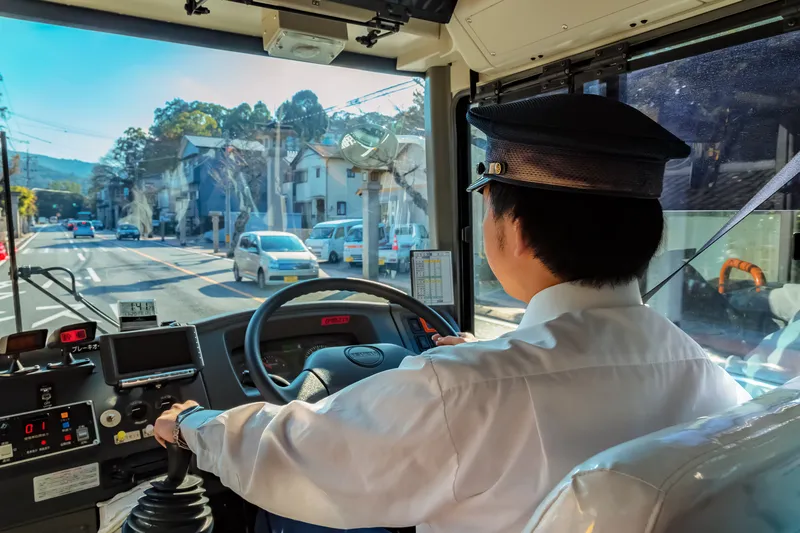
Akita City in Japan is to redesign its citywide public transportation network using Optibus' software.
The capital of the Akita prefecture, which has 300,000 residents, published the third edition of its policy vision for public transport in March 2021.
Optibus' digital planning and scheduling solution will be used to improve efficiency and optimise the redesign of route plans, timetables and vehicle counts.
The company says: "Network redesign and optimisation will also help Akita City to account for challenges when reimagining sustainability, including driver shortages and changes in ridership demand due to demographic changes such as a shrinking population and ageing society."
Using AI and optimisation algorithms, Optibus will also help determine how many vehicles are required to run services efficiently, based on Akita City’s operational standards and passenger demand, "resulting in a more effective network redesign and improved discussions with local bus operators".
The solution also allows the creation of multiple planning scenarios for the redesign which can be compared with one another.








